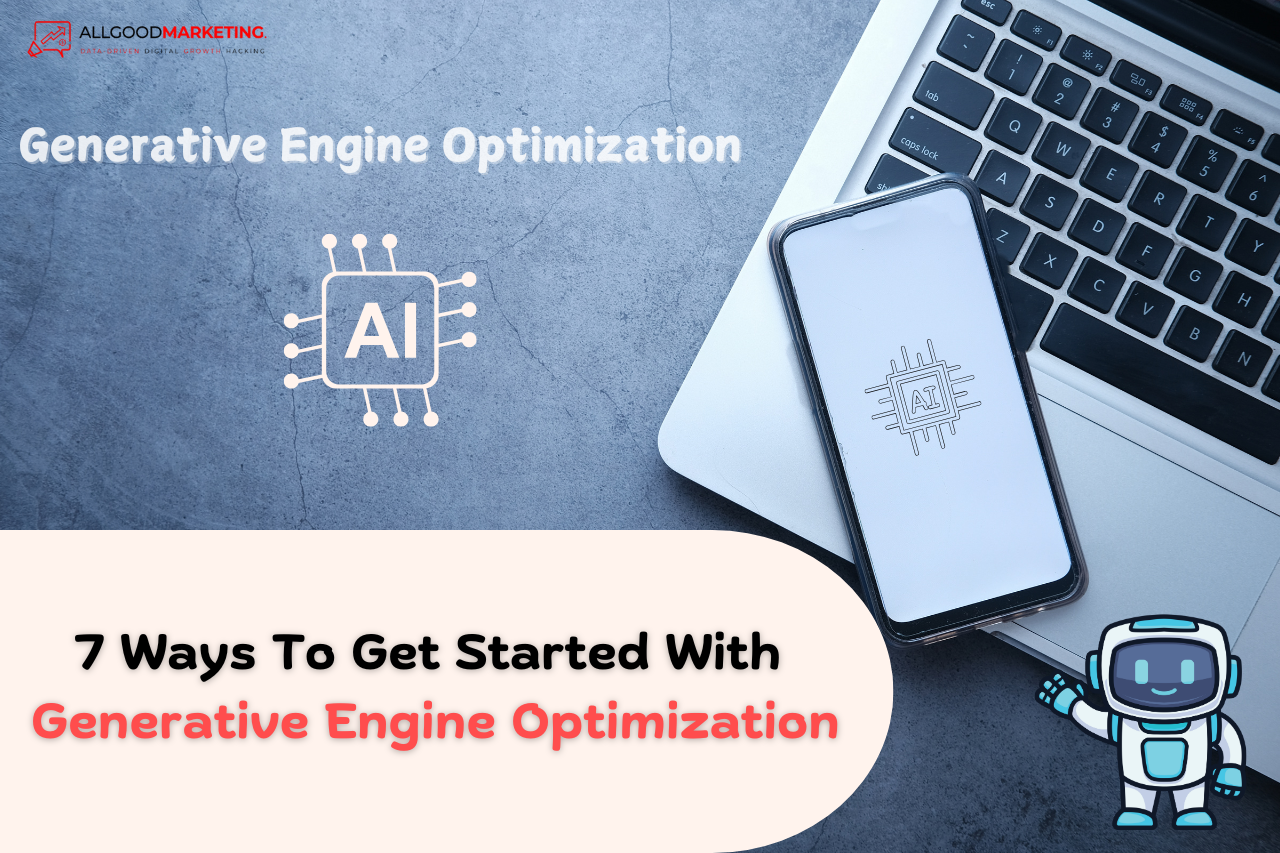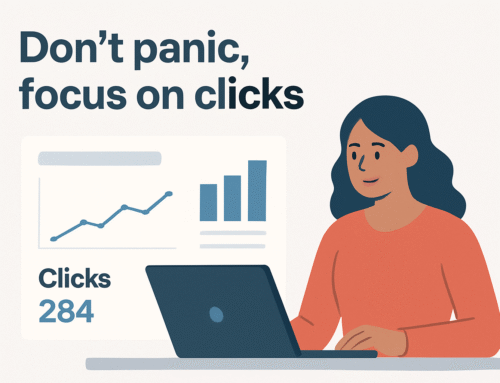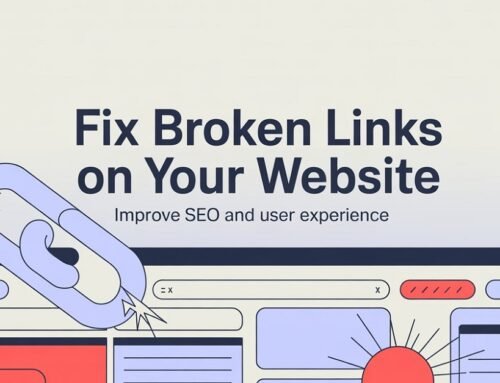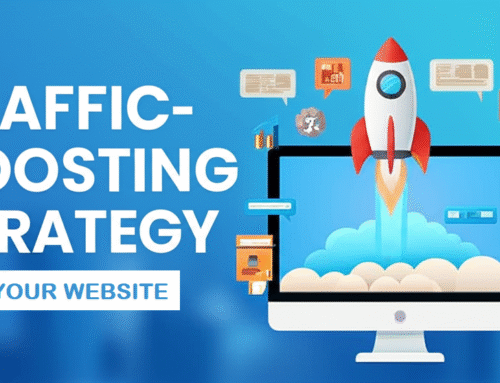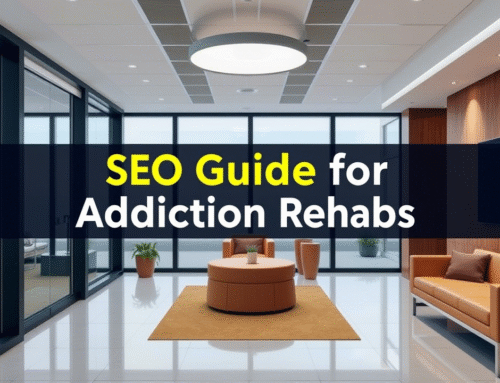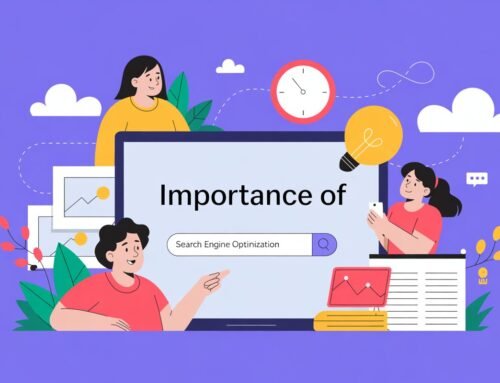Total digital marketing dominance requires constant learning and implementation of emerging modern technological techniques and strategies. Generative Engine Optimization (GEO) marks a major advancement that emerged within digital domains because artificial intelligence continues to reshape our online information retrieval systems. The following piece provides seven hands-on strategies for building GEO projects while preserving content integrity and expert recognition on AI-guided search systems.
Understanding Generative Engine Optimization
GEO warrants an initial comprehension since the following sections analyze its application methods. Traditional search engine optimization chooses content optimization to improve search engine ranking positions. This enhanced method, called GEO, focuses on creating content friendly for AI systems that operate within generative search platforms. Traditional search platforms pull their strength from basic search abilities and generative large language models that extract data from multiple databases for producing diverse responses to user inquiries.
1. Embrace High-Quality, Contextual Content
The basis for GEO is, therefore, to come up with relevant content that meets its audience’s needs. The search engine algorithms provide results that not only reflect the correct data but also the most detailed and entertaining data. To achieve this:
- Credible analysis: Always dedicate ample time to researching your topic in detail. Include allusions, quotes, and statistics to increase the content’s depth and legitimacy.
- Targeting: One important factor is to make sure that the content you are providing meets the needs, demands, and questions of the users you are targeting.
- Fluency: Keep writing as lifelike as possible, in a way that can be consumed easily by the AI models, hence making it easier for them to generate appropriate responses.
2. Optimize for AI Readability
As mentioned, other models of content analysis used by artificial intelligence are different from the ones used in the process of search engine keyword search. To enhance AI readability:
- Formatting: Include careful use of headings, straightforward and numbered examples, and brief paragraphs to make content comprehensible in the format.
- Keyword Density: Use the keyword adequately in the content in order not to cram the content with keywords. This helps instruct AI on the nature and significance of the content being submitted.
- Content Relevance: Ensure that the metadata for your content, like the title and description, reflect as closely as possible the content’s theme to help AI in sorting the content.
3. Leverage Structured Data and Schema Markup
Applying the structured data and schema markup improves how AI comprehends the information on the internet:
- Rich Snippets: You can use schema to make rich snippets, being specific about your content’s parts for AI, including such parts as reviews, ratings, and products.
- Content Categorization: Structured data assists in the categorization of content by AI and ensures that it is properly categorized to be selected for inclusion in the renders done by AI.
4. Focus on Authority and Credibility
The search engines powered by the new or advanced techniques give priority to the content from the most reliable and truthful sources.
- Specialization: Use your specialization to deliver new and valuable content that offers a deeper look into various features and the importance of our services.
- Directory Links: You will be able to get quality backlinks from other esteemed sites to assist in improving the credibility of your content.
- Writing aAcademic Arguments and Proposals: Ensure that all the arguments brought forth by the client are supported by evidence through citations and bibliographies.
5. Adapt to Multimodal Content Formats
It is often possible to produce information in multiple formats using generative engines:
- Media: Make use of images, graphics, and videos to supplement your writing, since different users have different learning preferences.
- Podcast: Incorporate the use of podcasts or audio summaries to provide more accessibility to the masses.
- Usage of Interactive Features: Incorporate the use of such items as quizzes or calculators to capture the attention of visitors and ensure they receive individualized experiences.
6. Enhance E-E-A-T for AI Search Ranking
It is important to note that Google recently introduced four E-E-A-T principles, notably experience, expertise, authoritativeness, and trustworthiness, about the AI results. Here’s how to improve E-E-A-T:
- Showcase real-world expertise by including author bios with credentials.
- Include scholarly references, and all sources of information should be accurate and checked for authenticity.
- To support your arguments, use publishable research, case studies, and data.
- AI operates with more reliance on the accuracy and reliability of the content; hence, it is advisable to work on building the level of expertise.
7. Collaborate with AI Tools
Organizations that will engage in the forthcoming GEO should find some ways of embracing AI tools to help boost their endeavors.
- Ideas and Headlines: Utilize AI to obtain ideas for content creation and headlines and to write out sections of the content, with an emphasis on human editing.
- Auditing: Use AI SEO tools to analyze how to proceed with optimization and the development of search trends.
- User Interaction: Incorporation of the AI chatbots to ensure that the users can interact with them and provide feedback, as well as receive relevant content to be posted.

Conclusion
As the AI search continues to grow, marketers need to shift their SEO strategies considering the AI search engines. This way, by focusing on such components as high-quality content, structured formats, entity-based SEO, and E-E-A-T principles, you can dominate the position of your brand in the AI-based search.
Are you considering including Generative Engine Optimization in your plan? SEO and AI content are still relatively fresh ideas, which ALLGOOD MARKETING can use to make your business evolve to the newest level. Contact us now to protect your business from future threats to its online representation!

